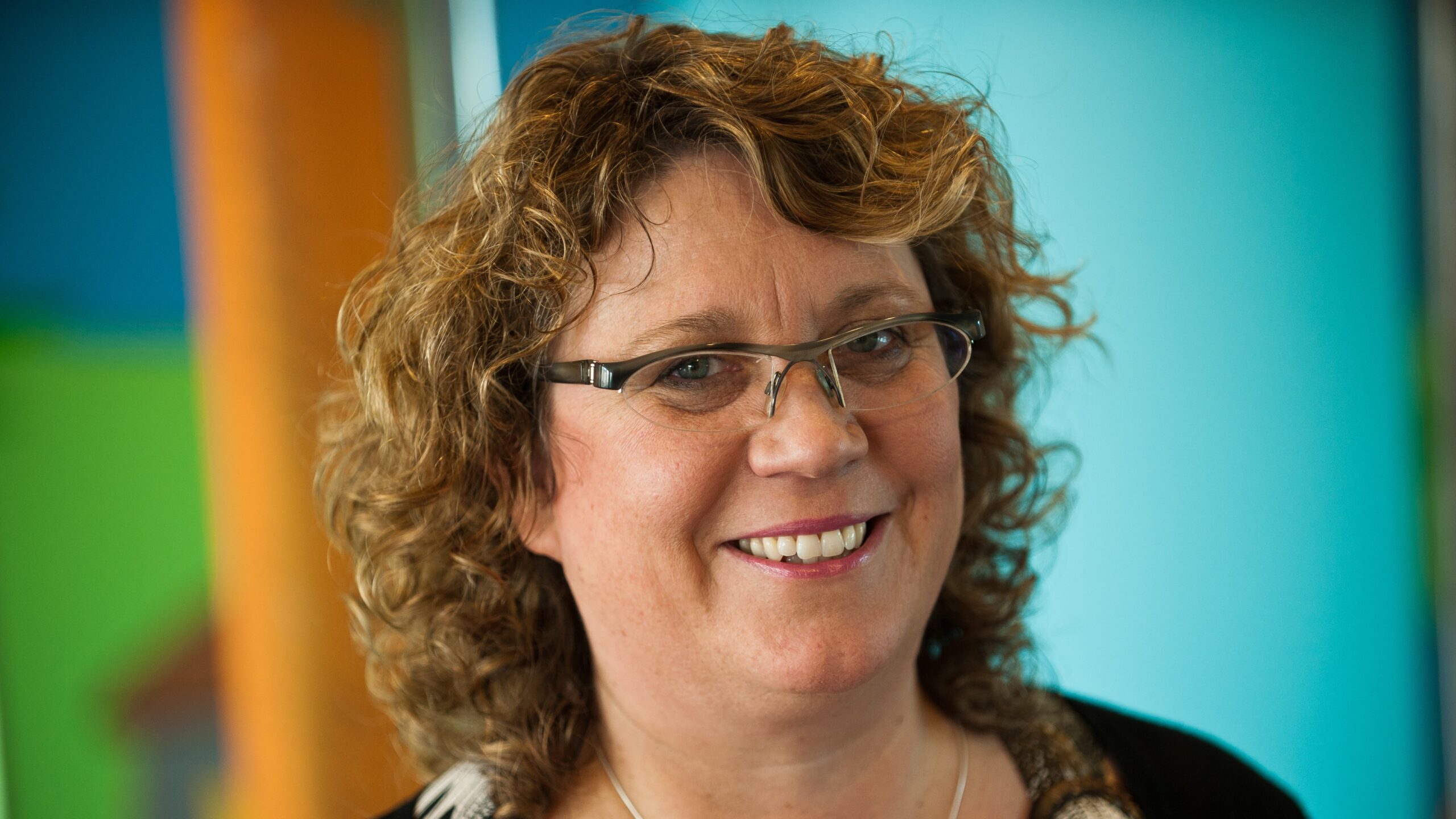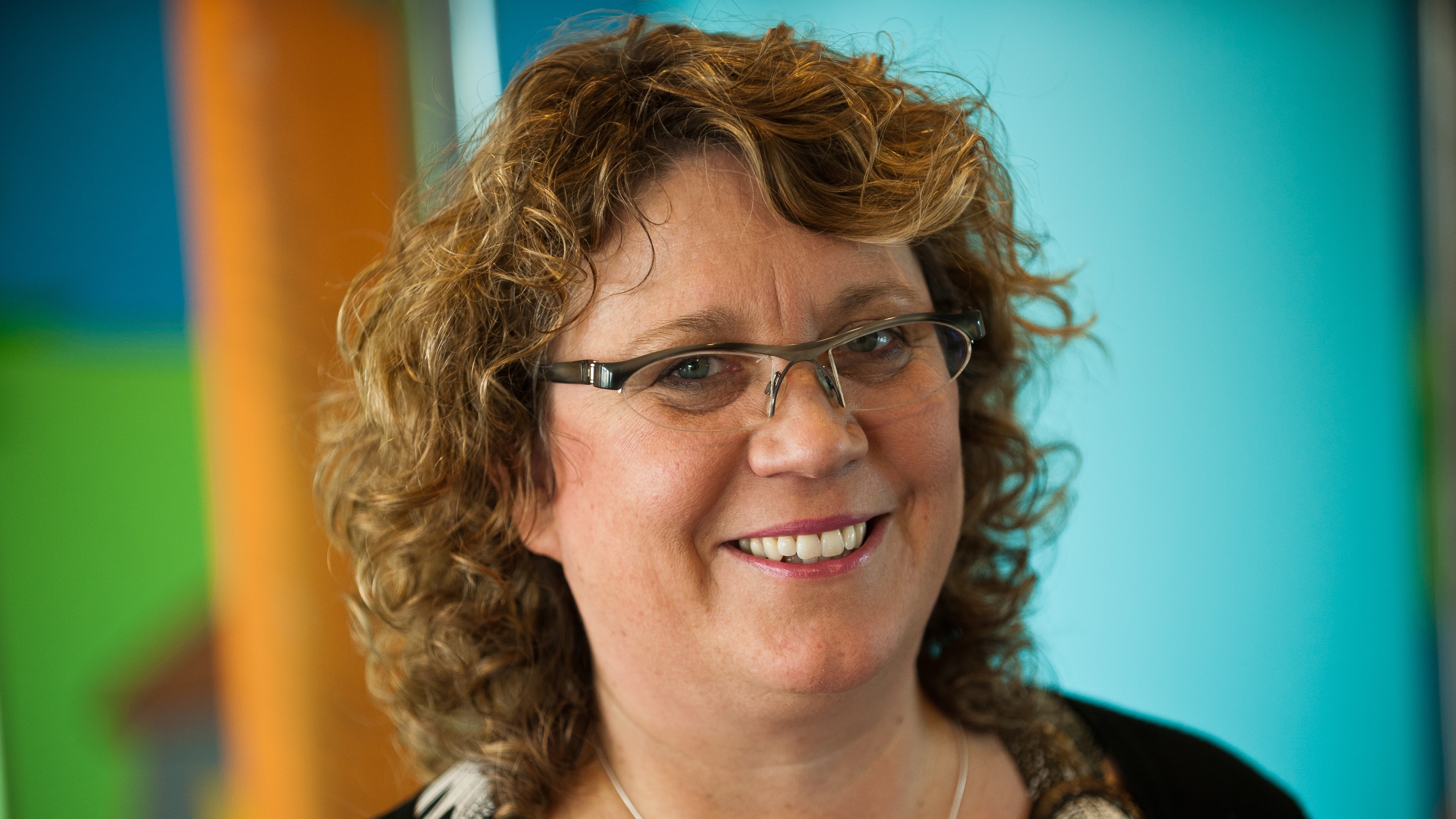
After months of staying at home, many children have had their sleep schedules turned upside down, adding to the long list of concerns families have as schools reopen next week.
“We’re going to have to shift our sleep schedules back while maintaining the quality and quantity of sleep, so that’s the challenge,” said Penny Corkum, child psychologist and professor with the faculty of psychology and neuroscience at Dalhousie University.
Corkum said there’s a growing body of research suggesting that stay-at-home restrictions put in place due to COVID-19 have not only affected when we’re going to sleep, but also how well we’re sleeping. The restrictions changed people’s routines and, during the earlier months of the pandemic, decreased the time they spend outdoors in the sunlight.
“If we’re not getting natural sunlight, then that can impact our circadian rhythm,” she said.
She added that social isolation, anxiety, and not getting enough exercise can all affect the quality of our sleep. According to the National Sleep Foundation, indicators of good quality sleep include: sleeping more time while in bed (at least 85 per cent of the total time), falling asleep in 30 minutes or less, waking up no more than once per night and being awake for 20 minutes or less after initially falling asleep.
Corkum’s lab conducted a survey where 60 per cent of parents and 40 per cent of children reported their sleep got worse due to life changes brought by the pandemic.
“With parents feeling stressed and anxious and having trouble sleeping, it’s going to have an impact on the whole family as well.”
Sleep is related to how well we can learn, pay attention, and regulate our emotions.
“Well rested children learn better,” she said. “So, if kids aren’t getting good quality and quantity of sleep, we would expect these children may have more challenges in the classroom.”

The uncertainty surrounding school reopening plans may have shifted the focus away from issues like irregular sleep schedules, but it’s not too late for families to start working on it.
“Start as soon as you can,” said Corkum. “What we recommend is shifting sleep and wake up times by 15-to-20-minute increments earlier.”
It’s not just about going to bed early. Corkum said it’s also critical to wake up 15 to 20 minutes earlier.
If people are unsure when their child should go to bed, Corkum suggests researching how long the child is recommended to sleep according to their age on the National Sleep Foundation’s website. Families can then slowly shift to a bedtime that allows the child to get enough sleep and wake up in time for school.
Structuring the day also helps.
“Bright light in the morning … making sure people have good exercise and are eating well,” said Corkum. “At night, keep it dark and calm.”
Corkum said the whole family should have a conversation about why it’s important to re-establish their sleeping routine and work together towards that goal.
For example, when it’s close to bedtime, everyone should leave their phones or other devices outside the bedroom.
“If the parents are doing it, then the 10-year-olds are going to probably be doing it.”
Children with neurodevelopmental disorders have more sleep problems and more difficulty switching their sleep schedules. The disorders include autism spectrum disorder (ASD), cerebral palsy (CP), attention deficit/hyperactivity disorder (ADHD), and fetal alcohol syndrome disorder (FASD).
“Changes in exercise, light and routine can really impact their sleep as well, so … they’re at particularly higher risk for the negative impacts of sleep on school functioning.”
Corkum is leading an online program for parents of children with sleeping problems who have been diagnosed with any of the four neurodevelopmental disorders: ASD, CP, ADHD, and FASD.
The program, called Better Nights, Better Days for Children with Neurodevelopmental Disorders, walks parents through a series of videos and activities that teach them how to help their children sleep better.
“We’re testing its effectiveness and parents across Canada can participate,” said Corkum.
The research team is recruiting families with children between the ages of four and 12 and who have regular access to high-speed internet. For more information, people can visit http://ndd.betternightsbetterdays.ca/.
RELATED: